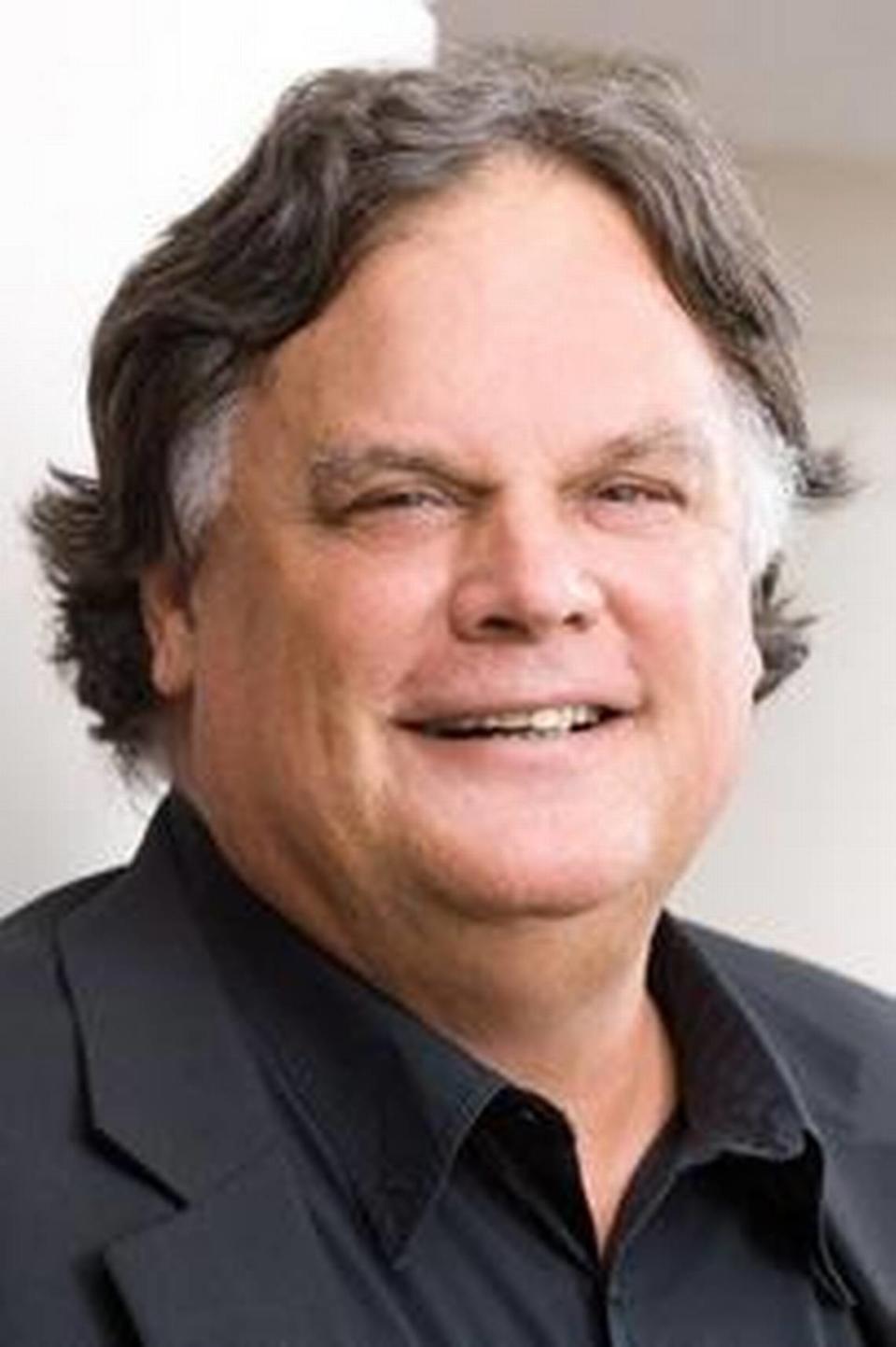An act of petty vengeance by NC lawmakers hurts poor people, their lawyers | Opinion
In serious criminal cases in this country indigent defendants enjoy a right to appointed (and publicly compensated) counsel. But that’s not true in civil cases.
Unlike most advanced democracies, we offer no constitutional right to representation even in complex or high stakes civil litigation. And lots of people can’t afford a lawyer. Though we advertise “equal justice under law,” we don’t provide it. Not even close.

A massive 2021 study by the North Carolina Equal Access to Justice Commission found that the unmet legal need of low-income Tar Heels is particularly “acute.” Over 2 million of our impoverished sisters and brothers, in theory, qualify for services from Legal Aid of North Carolina (LANC) or other nonprofit providers. But only a small percentage of those potential clients can actually obtain representation.
Last year, LANC’s 230 heroic poverty lawyers handled legal challenges for over 55,000 North Carolinians. The Equal Access Commission report found, shockingly, that 86% of the legal needs of our low-income residents simply go unmet.
We have one private lawyer for every 367 residents and one legal aid lawyer for every 8,000 indigent Tar Heels. It is a stunning and justice-denying gulf.
The great bulk of legal services funding comes from federal sources. Unlike an array of other state legislatures, the N.C. General Assembly does almost nothing to bridge the famed “justice gap.” We have a lot more poor people than most states do. And we do a lot less to ameliorate their poverty.
Sometimes, like last week in the agreed upon state budget, we even go out of our way to make it worse. We seem to enjoy showing an abiding disdain for poor people and those who try to help ease their plight. We must be proud of it.
A provision hidden deep within the budget bill changes the rules of the NC Legal Education Assistance Foundation (NC-LEAF) to make sure that no state funds can be used to help repay the law school debts of any attorney employed by LANC. Prosecutors, public defenders, government lawyers and other nonprofit public interest practitioners may be eligible, but not LANC legal aid lawyers. The Republican General Assembly will not brook that sort of public interest.
The legal aid lawyers excluded aren’t out pressing some radical, left-wing structural litigation strategy. According to a 2021 Equal Access to Justice Commission report, the top civil justice categories engaging LANC attorneys are domestic abuse and family rights (26%), landlord-tenant (15%), subsidized housing (6%), child custody (5%), debt collection (3%), public benefits (3%), and an array of other legal crises regularly faced by poor people in North Carolina. It’s hard to understand how folks can legitimately begrudge such modest efforts.
Nor are legal aid lawyers well positioned on the legal profession’s salary ladder. They carry famously high caseloads for famously low wages. They work, as NC-LEAF explains, “at salaries which are often a fraction of those of their counterparts who work in private law firms.”
Yet, they face the same educational debt as their decidedly better compensated peers. Starting salaries at LANC are reported to be $40,100 for entry level attorneys. Their average debt is a daunting $100,000. They sacrifice in order to serve. Literally. Day in and day out. I fear we punish them for it.
Who knows what triggered this particular act of petty vengeance? Republican lawmakers have punished LANC before, like in 2017 when the GOP-led General Assembly cut much of the state funding legal aid groups use to help low-income clients facing evictions.
The theory seems to be that poor people ought to be barred from exercising even the thin layer of rights they presently have. General Assembly members need not offer explanation. They hurt folks because they can.
Contributing columnist Gene Nichol is a professor of law at the University of North Carolina-Chapel Hill.

 Yahoo Movies
Yahoo Movies 
